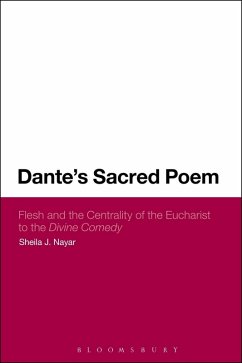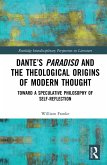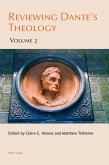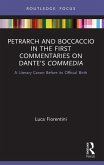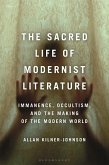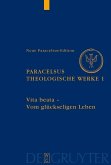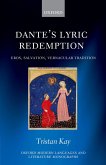Arguing that the consecrated body in the Eucharist is one of the central metaphors structuring The Divine Comedy, this book is the first comprehensive exploration of the theme of transubstantiation across Dante's epic poem. Drawing attention first to the historical and theological tensions inherent in ideas of transubstantiation that rippled through Western culture up to the early fourteenth century, Sheila Nayar engages in a Eucharistic reading of both the "flesh" allusions and "metamorphosis" motifs that thread through the entirety of Dante's poem.
From the cannibalistic resonances of the Ugolino episode in the Inferno to the Corpus Christi-like procession seminal to Purgatory, Nayar demonstrates how these sacrifice- and Host-related metaphors, allusions, and tropes lead directly and intentionally to the Comedy's final vision, that of the Eucharist itself. Arguing that the final revelation in Paradise is analogically "the Bread of Life," Nayar brings to the fore Christ's centrality (as sacrament) to The Divine Comedy-a reading that is certain to alter current-day thinking about Dante's poem.
From the cannibalistic resonances of the Ugolino episode in the Inferno to the Corpus Christi-like procession seminal to Purgatory, Nayar demonstrates how these sacrifice- and Host-related metaphors, allusions, and tropes lead directly and intentionally to the Comedy's final vision, that of the Eucharist itself. Arguing that the final revelation in Paradise is analogically "the Bread of Life," Nayar brings to the fore Christ's centrality (as sacrament) to The Divine Comedy-a reading that is certain to alter current-day thinking about Dante's poem.

